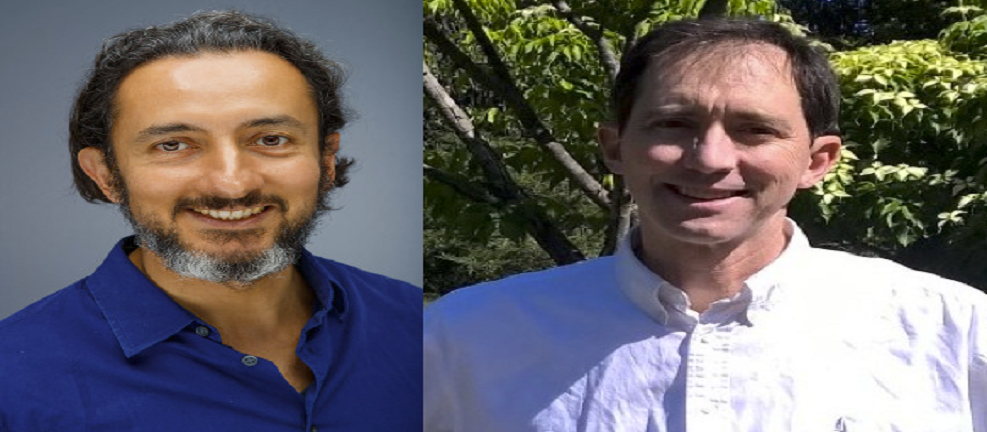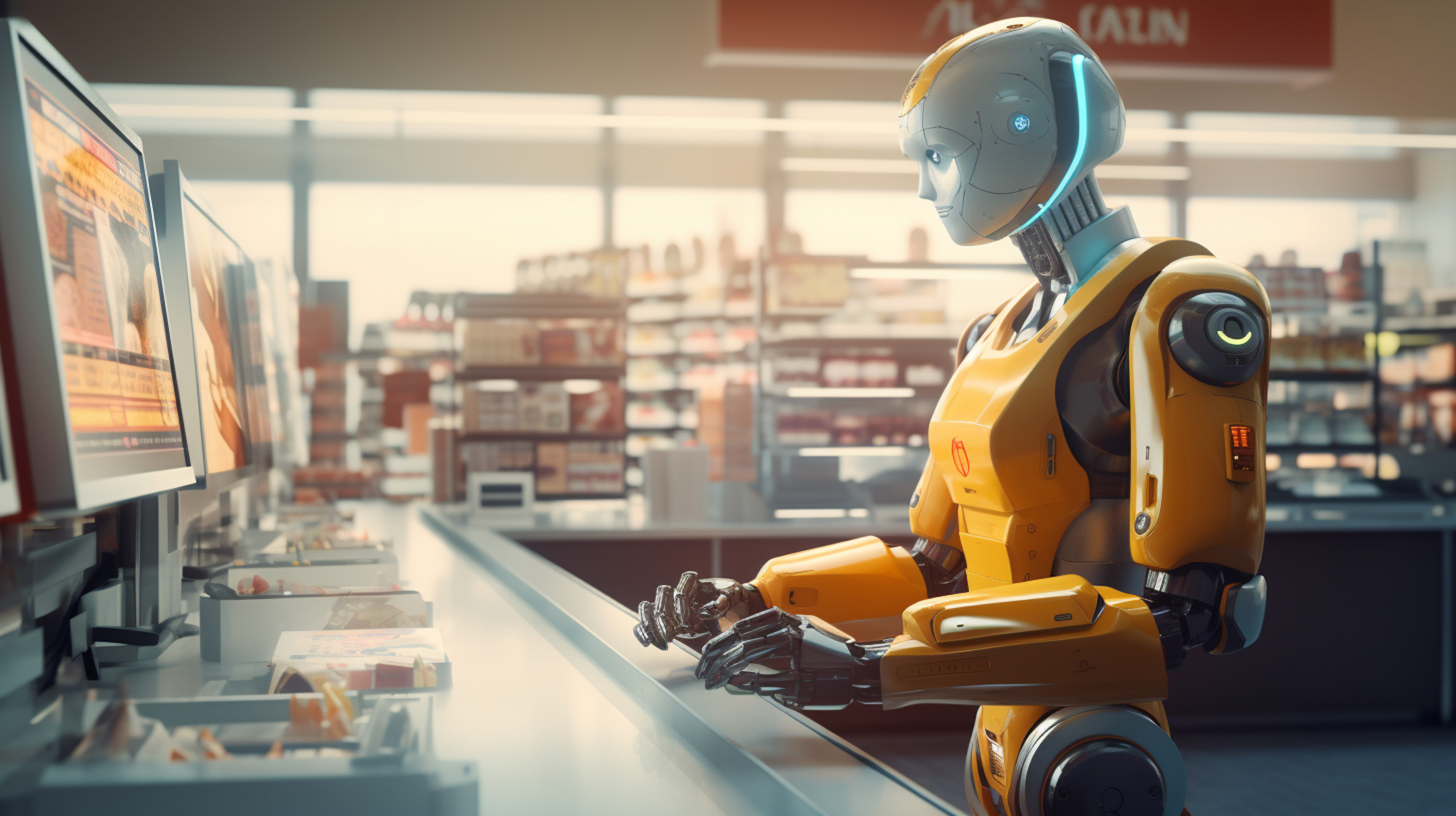AiDOOS interacted with Alberto and David from SureTech, a Silicon Valley company working on empowering smaller companies across the globe to access same tools and technologies that are used by big companies.
Alberto joined us on his morning walk – the streets seem to be still empty; it could be due to COVID or people are just starting off. David joined us from his home office.
Alberto, David, is it Yale connection that brought you together? Can you share brief background about both of you and what made you to start SureTech?
David: I met Alberto through Yale University connection where I served on the board of a student organization and Alberto’s wife also served on the same board. Alberto had great ideas about community generated content and how this content can be organized and shared to bring together the people with common interests – year of graduation, city of graduation, field of study etc. A concert in Yale, New York to be broadcasted to the entire Yale community of different graduation years – it was a cool idea at that time, so we started working together. But this did not generate funding probably because we did not create business plans or growth plans to attract funding.
We also felt that there was a great need for small & medium enterprises to get right kind of IT support, specifically about remote working tools. We saw the future for remote work, ability to connect from anywhere and login to your work desktop and be able to share the files, remember there were no Dropbox in those days. We were probably little ahead of the time about remote working, however we still went ahead with that vision anyways.
Alberto: Great recall David. We enjoyed working together on the projects that David mentioned, in hindsight could we have done differently, may be. However, what motivated our work and continues to do so even today is this incredible theme of decentralization of power. Facebook did slightly differently than ours, but underlying motivation is the same – that is decentralization, the ability for an individual to communicate with other individuals and a group, community as a whole.
The theme at SureTech is similar, how we empower smaller teams across the globe and enable them with same tools and technologies of the bigger companies. The power of standardization for smaller teams – I would want to use the opposite of “too big to fail”, i.e., we want to empower smaller teams that they are “too small to fail”. For me, this is not about just becoming successful as a business, but this is more philosophical that it is the purpose that I am driven towards. We have had our share of success in this journey where lot of customers, users adapted to our offerings.
But in the end, its not just money but our philosophy where we not only succeed as a business but how do we do that in harmony with work-life-balance for our employees. Now, we need to focus on how to scale the offerings from the current 100+ customers to many more customers across the globe. This has never been and will never be at the cost of health, relationships and overall wellbeing. We were well prepared for the pandemic, given lot of autonomy to our employees so if our extended families are happy even in tough times, that’s the greatest satisfaction anyone can have.
Krishna: Its surprising and probably coincidence that SureTech and AiDOOS are philosophically thinking the same – both the organizations are standing for the same theme – decentralization. SureTech might be focusing on technology infrastructure and AiDOOS is focusing on building software but the underlying theme is same – decentralization.
I like that you are keeping employee’s wellbeing ahead of work, how has been the journey in terms of monitory success?
Alberto: Revenue numbers have been the same for around four years now. I now know how money works. Some areas and some came down, but overall revenues have been the same. Part of the reason for this is that we have been working on multiple ideas and we are now taking breather.
How do you want to go from here?
Alberto: My journey has been and will continue to be in harmony with the philosophy we have set for ourselves and our company, i.e., how do we exist and operate with the forces around us. I have also been teaching on the side, the course is called “Studies in life magic”. Actually, we all do work in harmony with the nature, and we realize it little later. This will be the center of what I do and SureTech is an expression of that philosophy through which I have been doing my work. We have brought the company this far in the last few years and our next step is take this and partner with a more experienced and bigger IT services company. We want to work with that combined team and drive the philosophy of decentralization.
I am also involved in an initiative in Costa Rica where local people are being forcibly vacated by military and they cannot own the land. We are fighting for their rights where they need not own the land but entitled for all the privileges.
Krishna: Hearing to all that you said, I strongly believe that we (SureTech and AiDOOS) will be working together as there is lot of common ground between the two orgs.
How do you put this philosophy in practice?
David: Decentralization also means not locking someone up. We at SureTech do not lock our customers by giving that operational freedom. We ensure our customers get what they need but not necessarily lock them up. There are multiple ways to achieve that.
Alberto: Our approach towards software development or all the projects we are involved speaks volumes about that philosophy in practice.
Krishna: If I draw a parallel to that philosophy, GitHub is a great example. It gave developers across the globe an ability to express their work in a manner that world sees their capability. Until that point, they could only express themselves through profiles. If we run a momentum of that sorts for small companies or form companies on a platform.
Alberto: Internet revolutionized information, GitHub is one great example. Its interesting paradox that decentralization is being done through central platforms. SureTech is slightly different that computing power is available everywhere and we are trying to empower teams to be able to work together through that centralized computing power.
There are many productivity and business applications available at the click of a button. We work on the customization aspect of those applications. Decentralization was a way to spread equal opportunities to all. Part of this decentralization is to be able to work with inorganic groups and there is a term called murmuration. We need to enable these small teams but also bring cohesion among them to unleash the full potential.
The last topic in the discussion, what is your view about “Future of work”. While COVID might have advanced the journey of remote working which otherwise was bound to happen, where are we headed from here?
David: COVID created lot of mess and struggle for people but it also brought light to different way of working. It definitely has advanced our ability to work from anywhere. People will avoid commute and move from bigger cities to smaller towns, live in bigger and better houses. They can spend more time with the families. Parents who earlier used to hire babysitters to attend work are now able to attend meetings over Zoom and take care of their kids.
To enable this, we need to bring access of resources to smaller towns. Remote working also has its own gaps that people cannot collaborate in the way they used to do before. I recently read an article about breaking a pattern in animals – which takes multiple attempts to do that. If we apply that to humans and COVID, there are lot of patterns bring broken, be it remote working, birthday celebrations, marriages, events and many more.
Alberto: I realize why I always enjoyed working with David all these years, he has all these brilliant ideas. I agree with him on the pattern interruption. COVID pandemic showed us how resilient we can be, nobody thought we could change so radically and adapt to the situation. Yes, it has brought disaster but it also demonstrated humans ability to adjust and continue the journey has been amazing and inspiring. It’s a great revelation to all of us. It makes me think that how can we have a smaller footprint on the planet and yet achieve the highest.
Krishna: Alberto, David, this has been a great discussion. The discussion was much more than just a business discussion. Thank you and wish you good luck.




